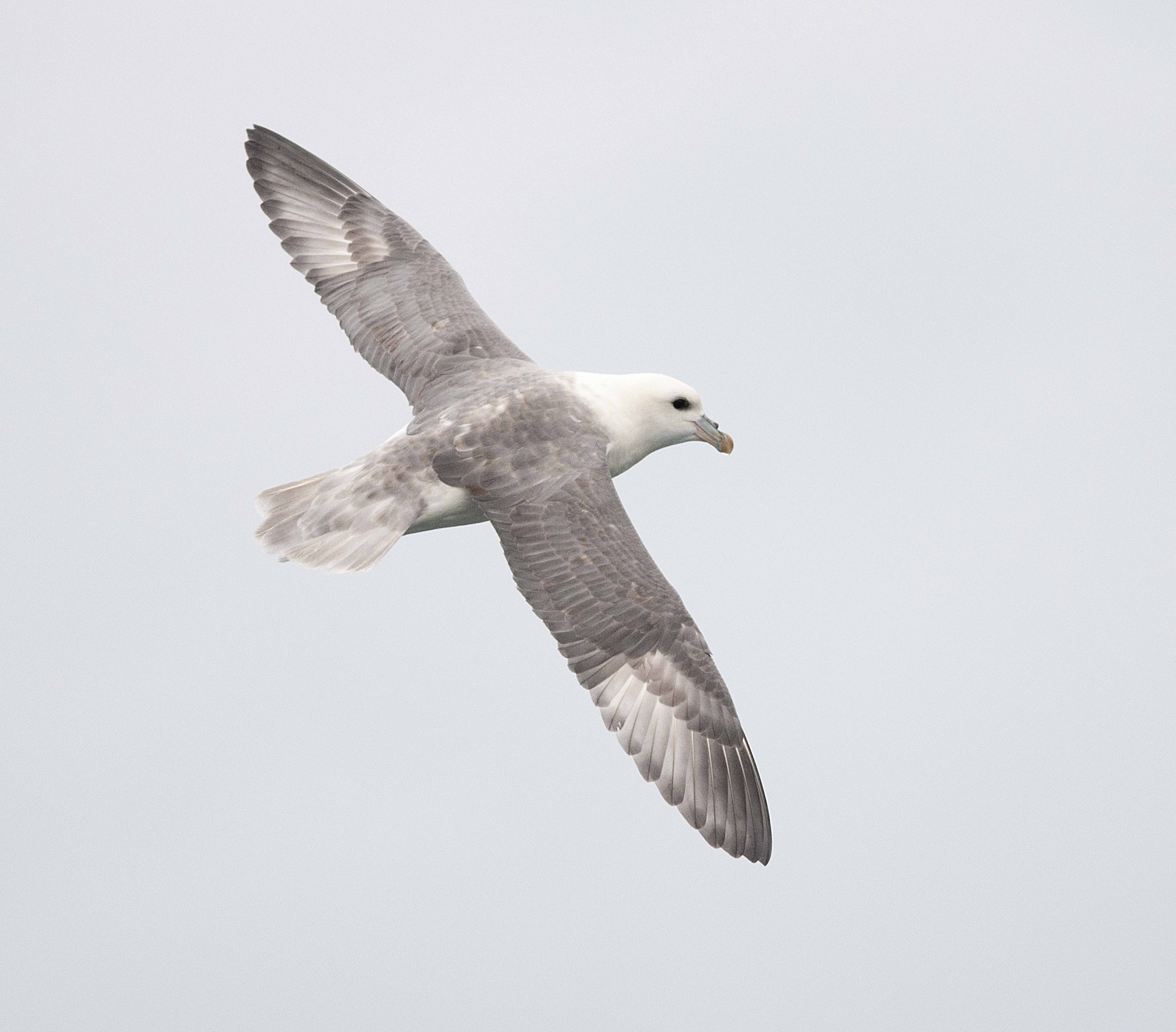Selective feeding on jellyfish organs by Northern Fulmars Fulmarus glacialis
DOI:
https://doi.org/10.15845/on.v42i0.1493Emneord (Nøkkelord):
Seabird ecology, feeding behaviour, ScyphozoaSammendrag
Several marine animals prey extensively on jellyfish in spite of the low energy contents of this type of prey. Northern Fulmars Fulmarus glacialis observed in the Barents Sea feeding on medusae of lion’s mane jellies Cyanea capillata fed from the underside of the jellyfish, eagerly ingesting gonadal tissue as well as oral arms and tentacles, while the gelatinous tissue of the umbrella apparently was neglected by the birds. Gonads, arms and tentacles have about five times higher energetic contents than the tissue of the bell, approaching that of some species of fish. Aggressive defence of their prey and a continued feeding on jellyfish in the presence of discarded fish offal indicated jellyfish to be more than a second choice food for Northern Fulmars. The observations clearly showed that the Fulmars did not primarily feed on organisms associated with jellyfish. Their abundance and slow swimming make jellyfish an easily available prey. Scyphozoan cnidarians may be more important to pelagic seabirds than generally thought.

Nedlastinger
Publisert
Hvordan referere
Utgave
Seksjon
Lisens
For artikler publisert før september 2020, gjelder følgende vilkår: https://boap.uib.no/index.php/ornis/copyright

